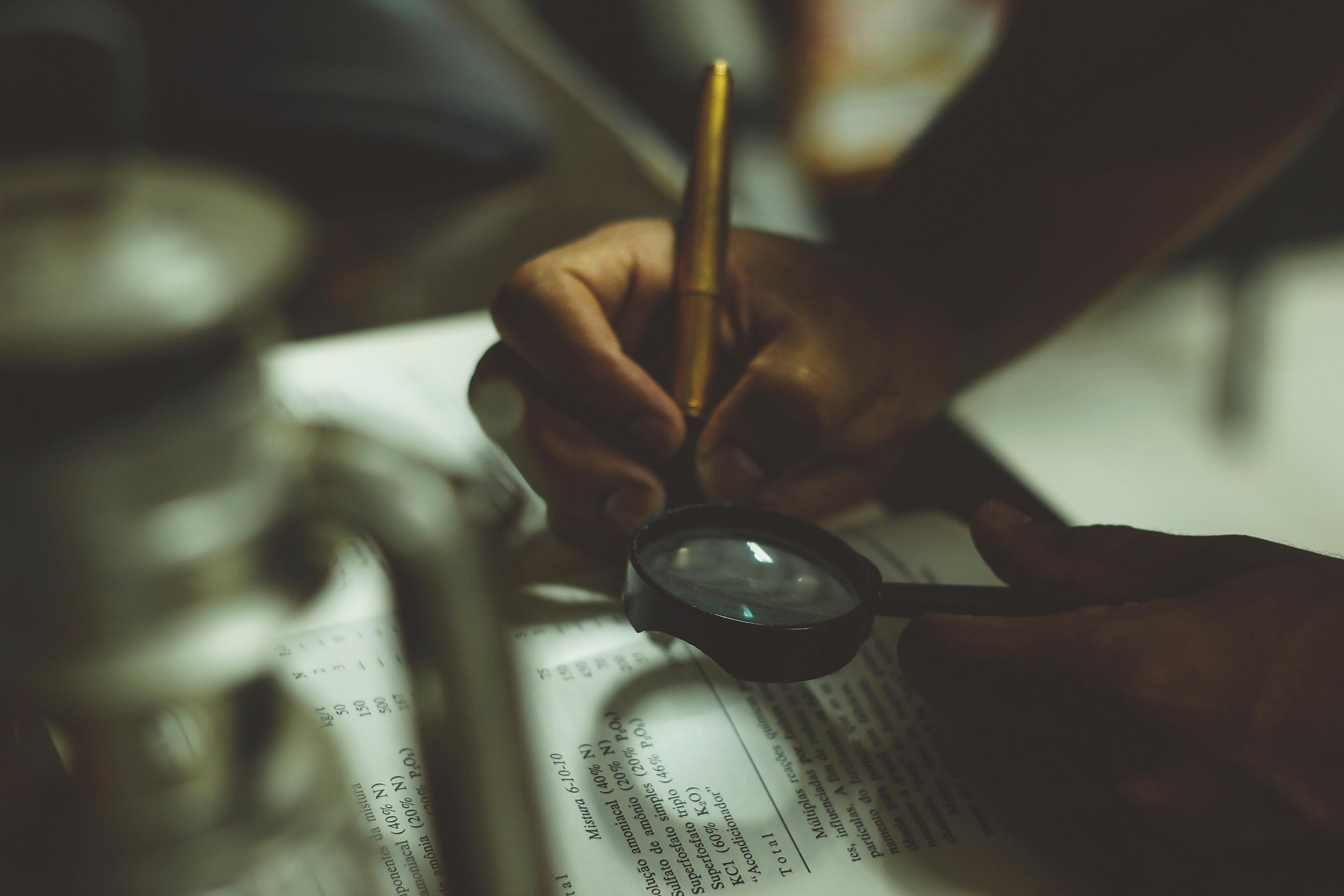International law, the set of rules governing relations between states, has roots stretching back centuries. While modern international law took shape in the 19th and 20th centuries, its foundations were laid much earlier.
The concept of international law emerged from the need for different political entities to interact and resolve disputes peacefully. Early examples can be found in ancient civilizations, such as treaties between Mesopotamian city-states or the Greek system of arbitration between poleis.
However, the true genesis of modern international law is often traced to the Peace of Westphalia in 1648. This series of treaties, which ended the Thirty Years’ War in Europe, established the principle of territorial sovereignty. It recognized states as the primary actors in international affairs, a concept that remains fundamental to international law today.
The 17th-century Dutch jurist Hugo Grotius, often called the “father of international law,” made significant contributions to the field. His work “On the Law of War and Peace” (1625) laid out principles for just war and advocated for a system of international relations based on natural law.
As global trade and diplomacy expanded in the 18th and 19th centuries, so did the body of international law. The Congress of Vienna in 1815 further codified diplomatic norms, while the Geneva Convention of 1864 established rules for the treatment of wounded soldiers, marking the birth of international humanitarian law.
The 20th century saw rapid development in international law, spurred by two world wars and increasing globalization. The creation of the United Nations in 1945 and the proliferation of international courts and tribunals have further solidified the role of international law in global affairs.
Today, international law continues to evolve, addressing new challenges such as climate change, cybersecurity, and human rights. Its origins, rooted in centuries of human interaction and conflict resolution, remind us of the enduring need for agreed-upon rules in our interconnected world.
Free books on International Law
https://www.infobooks.org/free-pdf-books/law/international-law/



